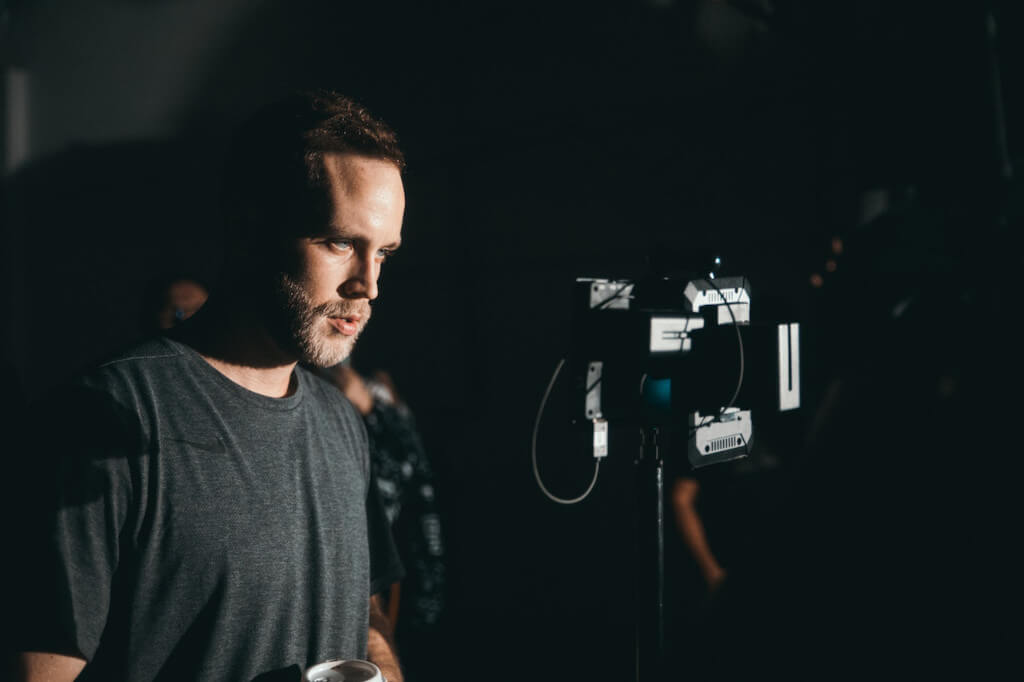Production coordinators play an essential part in the making of any high-quality movie, TV episode, or commercial. Additionally, their function shifts from production to production. Understandably, even seasoned professionals have trouble defining who production coordinators are, their duties, and why they’re so crucial to have on set. However, a coordinator’s primary duty remains the same across all platforms: to guarantee faultless production. While this article will make sensible distinctions between a commercial coordinator and a television or film coordinator, it does answer the most frequently asked questions about the position as a whole. Okay, let’s back up and go over the fundamentals.
First of All, Who Exactly is a Production Coordinator?
The duties of a production office coordinator can cover a lot of ground.
As a general rule of thumb, though, a production coordinator is the person responsible for coordinating all of the elements of a production to ensure its smooth running. While the specific duties may vary from film to television to the corporate world, the result remains the same. Somebody who assures that everything is completed is called a production coordinator. But while that’s a great foundation on which to build our definition of production coordinator, let’s explore its implications further.
The primary location of the production coordinator’s duties is the production office, which should be mentioned in any respectable job description for the position (especially the film coordinator). Likewise, the job description for a film coordinator might lead one to believe that this person spends most of their time in an office, answering phones and sending out emails. That has some merit, but it’s missing an important piece.
Even though the film coordinator is ostensibly located smack dab in the middle of the production office, it’s vital to keep in mind that the production office sits smack dab in the middle of the entire production process. The production office serves as a hub for communication between all departments and, by extension, all crew members. This is where the action of the shoot happens. It ensures that everyone is moving in the same direction at the same time. Given that the production office is the nerve center of the operation, perhaps we should revisit our original inquiry. The production coordinator could be described as… The heart of the core.
In all honesty, a production coordinator is an essential member of any film, TV, or commercial production team because they serve as the glue that allows the rest of the crew to function as a cohesive unit and deliver their best work.
Coordinators play pivotal roles in any organisation, regardless of whether it’s a film coordinator in a studio or a commercial coordinator in a small office who is responsible for gathering all of the necessary supplies and supervising the sole administrative assistant. As a result, a universally applicable “production coordinator job title” is difficult to pin down. But here’s the twist: all along, the simplest, most accurate description of the role has been sitting in plain sight. The best description of an occupation can be found in that designation’s name. However, I’m curious as to how precisely they manage to do that.

In 2014, a Con Artist Was Found Guilty of Stealing Money From a Company This…

The past decade has seen a boom in the popularity of online casinos, which, when…

In a world where staying connected is not just a luxury but a necessity, Vasco…
What Are the Duties of a Production Coordinator in the Media Industry?
It’s worth noting that the responsibilities of a film and television coordinator are different from those of a commercial production coordinator due to the unique nature of each industry. Tasks will ultimately vary from film to television production, as well, because the nature of the project they’re collaborating on will affect how they’re approached. However, all coordinators are engaged from the project’s inception through its completion. In addition, the nature of their responsibilities is always changing.
More importantly, let’s examine how the responsibilities of the production coordinator change at each stage of the production process.
What Does the Production Coordinator Do Throughout Pre-production?
Coordinators for a film or television show spend much of their time in pre-production getting everything set up and ready for the camera to roll. A coordinator may do the following during the pre-production phase:
- Gather all necessary personnel
- Distribute letters of introduction
- Locate an appropriate studio
- Manage call sheets
- Plan for transportation
- Prepare electronic start work packets
- Or whatever else you can think of that a film set would require before shooting begins.
Comparing the Time Commitments of Making Movies and TV Shows Versus Commercials
It is not uncommon for production coordinators in the film and television industries to spend a significant amount of time coordinating schedule changes due to unforeseen factors such as changes in location, cast availability, and other limitations. Of course, commercial coordinators also indulge in playing schedule Tetris, but because of the reduced duration of commercial production, this type of management is typically not as involved.
Competing for Funding: Commercials VS. Feature Films
However, coordinators often place greater emphasis on securing equipment, staff, creative services, and other material wealth in the shorter prep periods of commercials. In contrast, larger-budget TV shows and movies typically assign specific employees the task of securing particular supplies. For instance, a high-budget movie will hire a separate craft service crew. The coordinator’s job may be simplified if they only have to arrange for their attendance on set.
These tasks often vary between film and TV coordinators. For instance, a television show’s schedule may require more nuanced adjustments than a movie’s. Conversely, a film coordinator may have no choice but to handle all of a film’s coordination duties, while a TV production coordinator might well be willing to delegate certain tasks.
Production coordinators serve as first responders on the set of any media production, be it a commercial, feature film, or television episode. Issues always seem to make their way to the production coordinator’s office. The duties of a production coordinator on a good day can include:
- Maintain order in the production office
- serve as a liaison between the cast and crew;
- Assign tasks to PAs
- update superiors on scheduled shifts
- manage administrative tasks
- Maintain a log of daily events (for TV and movies)
- Send out updated scripts (typically for TV and film)
- Handle time sheets
The job of a production coordinator is, on a great day, substantial and time-consuming, but not out of the ordinary. A production coordinator, on set, must be ready for anything.
After Filming Has Wrapped, What Responsibilities Does a Production Coordinator Have?
Projects that make it through production and into post have production coordinators whose primary concern is completing the project. Wrap-up responsibilities for coordinators may include:
- Supporting the realisation of the budget
- Making final payments to the crew and vendors
- Coordinating the assemblage of wrap reports.
- Wrap times for film and TV production coordinators can be affected by several factors.
Nevertheless, in commercials, wrapping out is typically done as quickly as possible, which requires long shifts, hard graft, and heaps of coffee. Consequently, if you were wondering, “What does a production coordinator do after post-production?”
The solution is elementary: They are sleeping.
What Are the Most Important Qualities of a Production Coordinator?
Production coordinators in any medium (movies, commercials, or TV) require an array of specialised and generalised expertise. We’ll get into the specifics of what a production coordinator in film, TV or commercial filmmaking needs to know in a bit, but for now, here’s a quick rundown of some useful abilities. Competencies a Production Coordinator should have:
- Problem-Solving
- Organization
- Production Budgeting
- Scheduling
- Prioritization of Communication Management Abilities
- Competence in Negotiation
- Competencies in Interpersonal Relationships
- Managing Stress in the Face of a Tight Schedule
There is a need for some of these abilities in an office setting, while others are essential on set.
In What Ways Are Production Coordinators Typically Hired?
Your best bet for finding a qualified production coordinator is to ask other members of the production team you have already worked with for recommendations. A line producer, UPM, or perhaps a different coordinator may know of qualified candidates for your open positions, or they may be able to put you in touch with an individual who can.
Concluding Remarks
Production coordinators play an integral role in holding a production together. They guarantee that all crew members have access to the resources they need to perform their duties effectively and on time.

